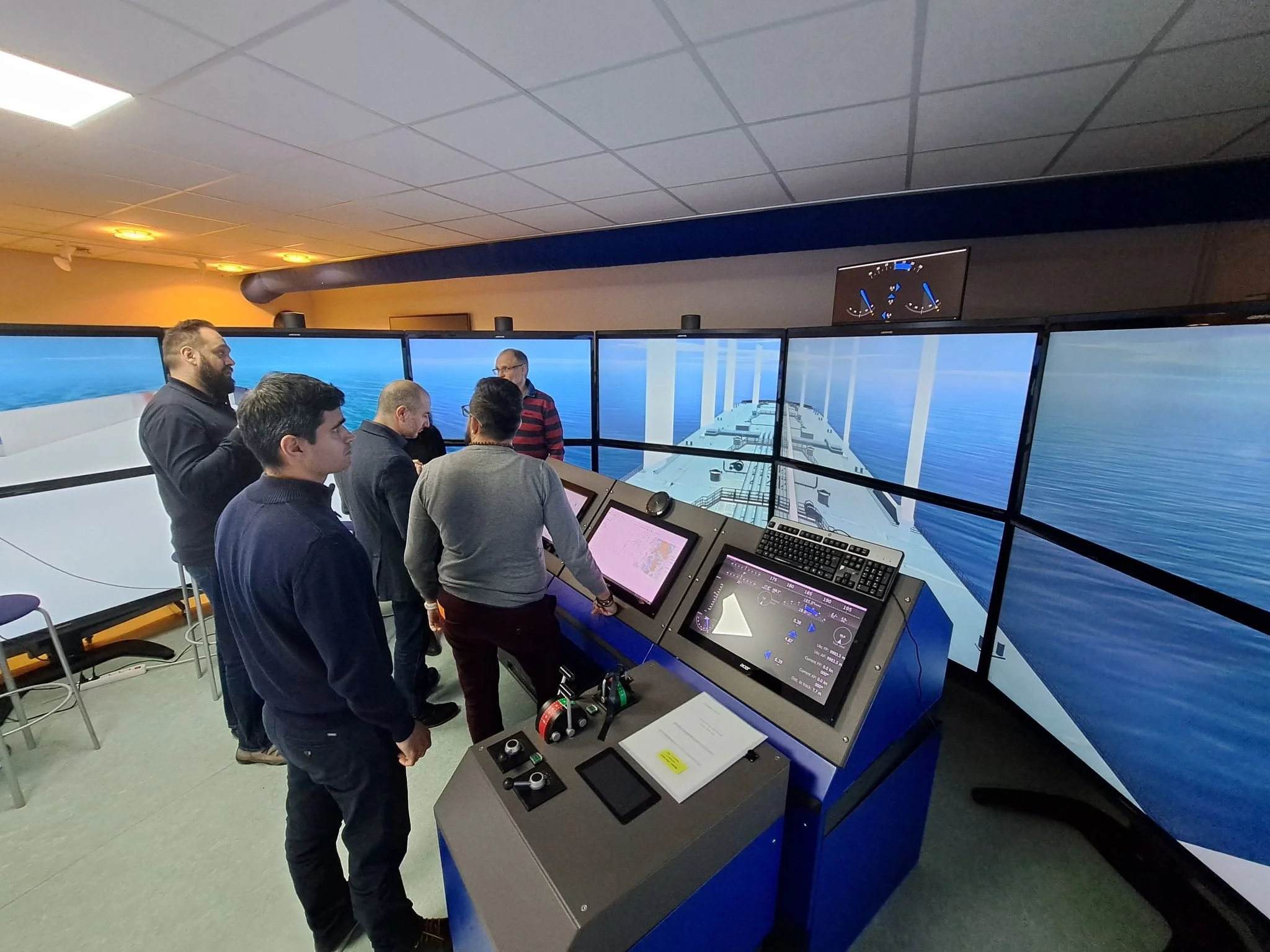The project
The shipping transport sector is currently responsible for approximately 2.5% of the global greenhouse gas emissions, and this figure is projected to increase significantly if no measures are taken.
Conventional ship design has been almost perfected during the last decades. The new solutions needed to support the effort of a zero emissions maritime future will be varied and numerous, and will require a holistic approach.
The solutions of the OPTIWISE project, when combined go well beyond 30% savings.
Substantial wind propulsion concepts.
A rigorous holistic optimised ship design, control and operation,
A change in conventional propeller propulsion.
Impact
The framework of the project aims to advance the necessary transformations
Scientific contribution in innovative ship design, coupled with new and improved wind-propulsion technologies.
Delivering ship concepts with energy savings between 30% and 50% compared to equivalent conventional ships.
Paving the way for the introduction and development of more solutions to further reduce emission.
Illustrated operational feasibility, along with far reaching stakeholder engagement, aiming to facilitate market uptake.





